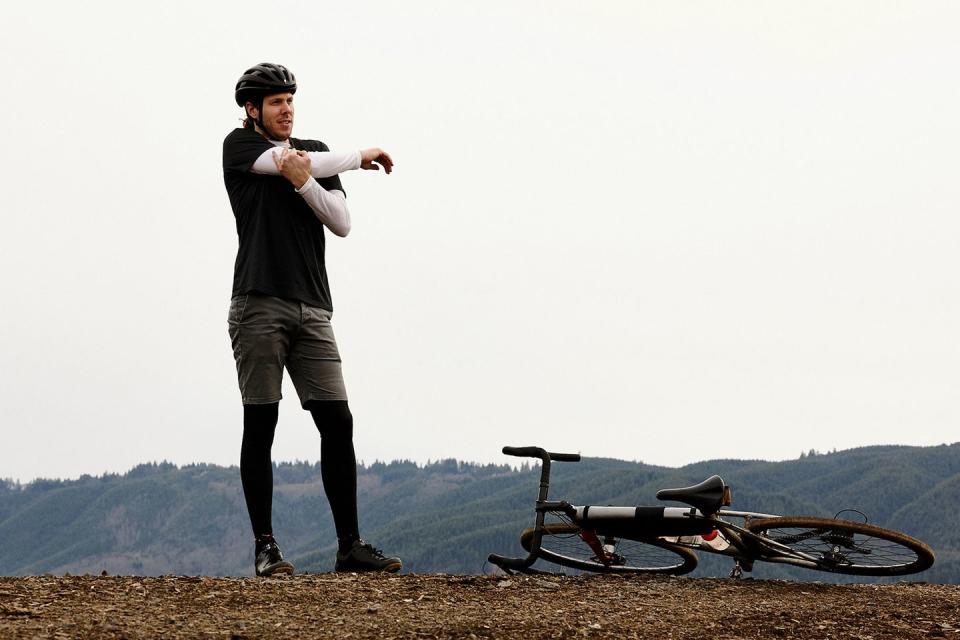Your Healthy Body Could Save Someone’s Life

You’ve worked so hard for a body that gets nods of approval at your annual physical. As difficult as it is to think about the circumstances that would lead to donating your organs, your cycling fitness makes you a perfect candidate for doing so.
If you’ve been on the fence about being an organ donor (or just haven’t gotten around to signing up), here are three reasons being a cyclists increases your chances to help people if the worst happens.
Your heart is strong. Anuj Shah, MD, an interventional cardiologist based in New Jersey, says he can occasionally tell if a donor was an endurance athlete because of the languid way it will beat when he does an ultrasound assessment to see if it’s a potential match for his patient.
Your liver is top notch. Regular exercise keeps your liver healthy. It’s estimated that between 30 and 40 percent of US adults have non-alcoholic fatty liver disease, which can lead to advanced-stage liver disease and failure. According to a 2014 review published in the World Journal of Gastroenterology, this upward trend significantly impacts the donor pool of viable livers. Riding your bike decreases your risk of NAFLD, meaning avid cyclists may have livers that are in better shape than those of the sedentary.

Unfortunately, cyclists are susceptible to head injuries. A 2019 review published in the American Journal of Sports Science found that cycling and football result the largest number of reported head injuries due to sport-related activity in the United States. And—as awful as this truth is—people with traumatic head injuries are ideal organ donation candidates. Organs cannot remain viable outside the body for more than a few hours. When a patient is brain dead but their heart is still pumping, organs can remain in the body for longer and transplant teams have more time to find matches. Additionally, these donors are typically healthy up until the moment of their injury.
How to Become an Organ Donor
1) Visit organdonor.gov, where you can find out how your individual state registers donors.
2) Complete the registration in your state, which usually takes less than five minutes.
3) Talk to your family about your choice. Briefing loved ones on your wishes makes tough choices easier, should they ever have to make decisions about your care.
You Might Also Like
